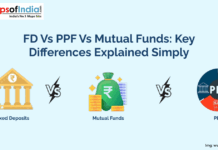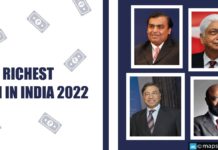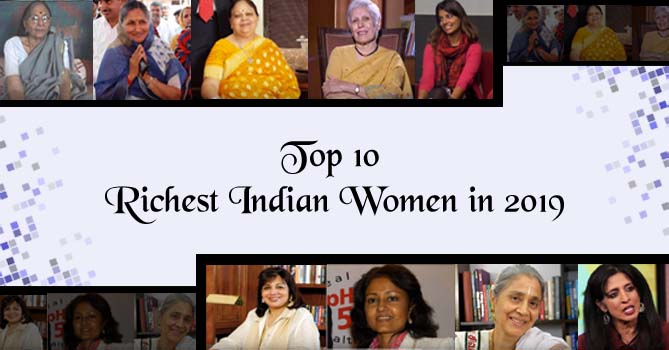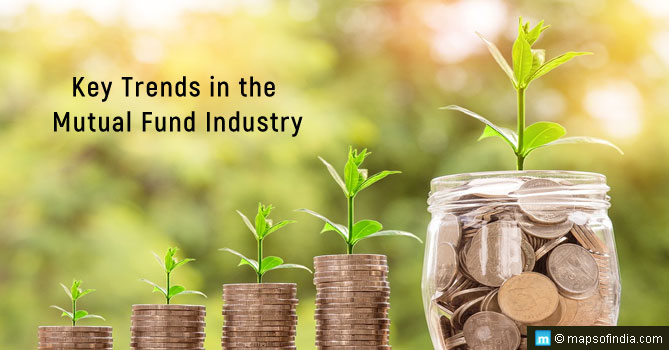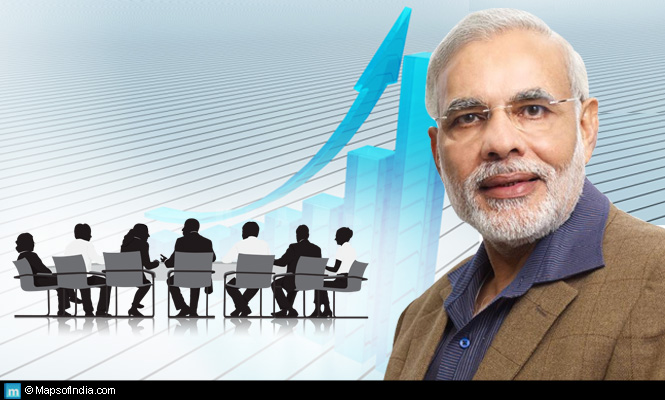 The NDA Government came into power in India in May 2014. Expectations were high and the war against corruption was at the centre of the new Government’s agenda. The key promises made by the BJP-led NDA included a high growth rate, economic development, eradication of unemployment, stability and return of investor confidence. Whether the NDA Government has been able to achieve, in some measure, these goals, is still a matter of debate among politicians but some major successes are apparent to both the economists as well as the lay man.
The NDA Government came into power in India in May 2014. Expectations were high and the war against corruption was at the centre of the new Government’s agenda. The key promises made by the BJP-led NDA included a high growth rate, economic development, eradication of unemployment, stability and return of investor confidence. Whether the NDA Government has been able to achieve, in some measure, these goals, is still a matter of debate among politicians but some major successes are apparent to both the economists as well as the lay man.
Inflation is now well under control. Inflation rates that were spiraling out of hand under the UPA administration are now dipping lower with each passing month. The RBI’s first rate cut in about two years is evidence enough for the confidence of Indians in their ability to curtail the terror of inflation. Forex reserves are fairly high and the CAD is no longer a looming concern. The equity market has seen what is being termed “the beginnings of a spectacular bull run”. Major campaigns such as the Make in India campaign and the Pradhan Mantri Jan Dhan Yojna campaign have caught the attention of the world. Key reforms, some enacted, some in the pipeline, are actively debated in the media, by economists, and even by ordinary people.
The world now sits up and takes notice of India. If US President Obama’s forthcoming visit is not sufficient proof for this, let us take a look at the World Bank’s appreciation of the economic reforms enacted by India in the recent past. Last week, the World Bank predicted that if such developments are sustained, India shall outdo China’s growth rate by FY 2016-17. And then the Indian Prime Minister himself outlined his Government’s vision at a global forum. While emotive speeches and an overwhelming eloquence have always been Modi’s hallmarks, this speech showcases the dreams of millions of Indians.
New Age India
On Friday, January 16, 2015, Prime Minister Narendra Modi outlined his grand economic dream for the country at the Airtel Economic Times Global Business Summit. Describing his ideal New Age India, the Prime Minister touched upon the inevitable truth of the times – change and transition. He said that his Government’s attempts to resurrect the economy from “a winter of subdued achievement” would not be an easy one. With reference to the sub-5 percent growth and the string of frauds and scams that had shaken up the nation, Modi said that India could afford no more loss.
Spring, however, is a very real promise – growth shall be restored and elimination of poverty shall be an important goal for the administration. The Government shall work on creating an ecosystem to promote such growth. Such growth shall necessarily be all-round and cohesive, he said.
PM focus falls on wastage of public money
Reduction of wastage and eliminating wastage is complementary to generation of resources, said PM Modi. He stressed on the role of self-discipline when it comes to eliminating wastage and preventing misuse. This requires the support of all business enterprises in the country, he said. He touched upon the role of the Expenditure Management Commission in curtailing wasteful Government expenses and upon the reforms in the petroleum sector such as the deregulation of diesel prices. By allowing for direct subsidy transfer into the bank accounts over 80 million households have been benefited, he said. This is the “world’s largest cash transfer programme” and shall be the basis for many more, said the PM. He also spoke of the reforms in the energy sector a revival of pending international projects. All this will increase savings, investments, pension and boost insurance. With the development in infrastructure, India is now a major FDI destination. Introduction of tax stability and regulations shall boost ease of doing business in India and attract businesses.
Technology-driven reforms
The NDA has always emphasised on the use of technology to deliver the benefits of the reforms to the people. Modi referred to the planned launch of technology-driven PDS system to support welfare activities. The NITI Ayog (National Institution for Transforming India) shall be the backbone to creating a strong federal structure that works in unison with the States. To make these reforms a success, he urged the people and the entrepreneurs of the country to do their bit, to contribute constructively and to transform their little acts into an overflowing stream of benefits to the nation. Small acts are as important as the major leaps in development, he said.
Swachhata and health
Another major thrust of the PM’s ET Global Economic Summit addressed was the Government’s emphasis on health and hygiene. Healthcare and health assurance can only make sense when the people themselves are aware of their surroundings and play an active role in maintaining the cleanliness and hygiene of their environment, he said. Disease control is well-nigh impossible without Swachhta.
Swachhta shall be the overarching principle for development in a number of areas. Tourism, for example, cannot be developed without proper cleanliness and sanitation. Cleaning up the Ganga shall elevate the quality of life in the Gangetic plains which is home to almost two-thirds of the nation’s population. Agriculture is likely to receive a boost from the Swachh Bharat Abhiyan – a boost that shall improve quality, decrease costs, and take Indian produce to global markets. Another major beneficiary shall be the Railways. Traditionally plagued by cleanliness issues, the people of India can contribute towards maintaining the resources and facilities of the Railways and help in boosting its attractiveness and revenue.
Governance and dreaming big
To dream big and achieve maximum efficiency in governance, the administration must abide by the maxim of “Minimum Government, Maximum Governance,” said Modi. We need to let go of the ‘control and command’ mindset and focus on areas where the Government’s participation is necessary. He enumerated five key areas –
- Defence, police and judiciary and such public services
- Regulation of pollution and other such external factors that may hurt the public
- Markets and other economic factors such as monopolies that need regulation
- Information deliverance in areas such as pharmaceuticals
- Education, healthcare, public welfare, poverty alleviation and subsidy mechanisms
Grand dreams are achievable with corruption-free and efficient administration, said Modi. He added a dramatic vision statement, “India is a two trillion dollar economy today. Can we not dream of an India with a 20 trillion dollar economy?”
To translate this possibility into a reality, Digital India and Skills India shall be precious transformative tools, the PM said.
Towards the close of his speech, the Prime Minister emphasised on the need for well thought out reforms for sustained economic development. But reforms alone will not do the trick, he said. Cohesion on all fronts – economic, social, and developmental is the need of the hour. A fragmented India cannot progress but a united India shall be an unstoppable force in Asia and the world.
“India can be a role model of growth and cohesiveness for the rest of the world. For this, we need a workforce and economy which meet global needs and expectations”, said the PM. The vision outlined by Modi in his address is indeed a grand one – the grandest yet known to Indians.


